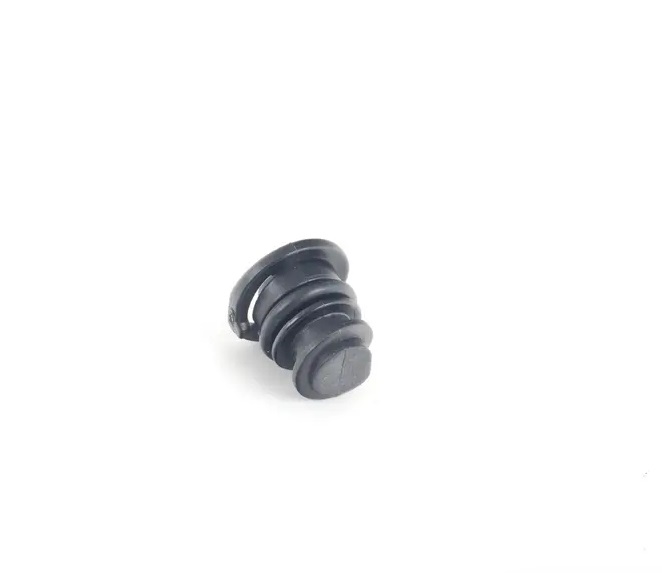oil seal maker
Understanding the Role of Oil Seal Makers in Automotive and Industrial Applications
Oil seals, also known as grease seals or shaft seals, are critical components in various machinery and automotive applications. Their primary function is to prevent the leakage of lubricants and to protect moving parts from contamination. This is why the role of oil seal makers is fundamental in ensuring the safety and efficiency of engines and other machinery.
What is an Oil Seal?
An oil seal is typically made from materials such as rubber, silicone, or polyurethane. These materials are chosen for their durability and resistance to temperature fluctuations, oil, and other chemicals. The design of an oil seal usually includes a circular shape with a lip that creates a tight seal around rotating shafts, providing a barrier against leaks.
The Importance of Quality in Oil Seals
In industries ranging from automotive to manufacturing, oil seals play a pivotal role in maintaining the integrity of machinery. A high-quality oil seal ensures a tight fit, which minimizes the risk of leakage. If an oil seal fails, it can lead to significant machinery malfunctions, increased maintenance costs, and even catastrophic failures. Therefore, the quality of oil seals made by manufacturers is critical.
The Process of Oil Seal Manufacturing
Oil seal makers follow a detailed manufacturing process to produce seals that meet industry standards. This process typically includes several stages
oil seal maker

1. Material Selection The first step involves the selection of the appropriate materials. The choice of rubber or other elastomers is crucial, as it determines the durability and performance of the seal.
2. Design and Engineering Engineers design the oil seals based on specific applications. Factors such as temperature range, pressure levels, and environmental conditions are all considered to ensure optimal performance.
3. Molding and Curing Once the design is finalized, the manufacturing process involves molding the components. The raw materials are heated and injected into molds that shape them into seals. After molding, the seals undergo a curing process to enhance their strength and flexibility.
4. Quality Testing After production, each batch of seals is subjected to rigorous testing. This may include pressure tests, temperature tests, and performance simulations to ensure that each seal meets required specifications.
5. Packaging and Distribution Finally, the seals are packaged and shipped to clients in various industries. Reliable oil seal makers often maintain strong relationships with their customers to provide ongoing support and recommendations based on their specific needs.
The Future of Oil Seal Manufacturing
As technology advances, the production of oil seals is becoming more sophisticated. Innovations in materials science have led to the development of seals that can withstand greater temperatures and harsher chemicals. Furthermore, as industries increasingly focus on sustainability, oil seal makers are exploring eco-friendly materials and processes to reduce their environmental impact.
In summary, oil seal makers are essential players in the machinery and automotive industries. Their commitment to quality and innovation ensures the reliability and efficiency of countless machines and vehicles. By understanding the manufacturing process and the critical role these components play, we can appreciate the intricacies involved in oil seal production and the importance of choosing high-quality seals for various applications. Whether in a car engine or industrial equipment, oil seals are indispensable components that contribute significantly to operational success.
-
Understanding the Front Main Engine Seal: Purpose, Maintenance, and Installation
News Jul.29,2025
-
Understanding O-Rings and Seal Rings: Types, Applications, and Custom Solutions
News Jul.29,2025
-
Understanding Crankshaft Oil Seals: Rear Seals, Pulley Seals, and Their Role in Engine Integrity
News Jul.29,2025
-
The Importance of Front and Rear Crankshaft Seals in Engine Performance and Oil Management
News Jul.29,2025
-
Crank Oil Seals: Functions, Types, and Cost Considerations in Engine Maintenance
News Jul.29,2025
-
A Comprehensive Guide to O-Rings and Seals: Types, Materials, and Global Applications
News Jul.29,2025
-
Mastering Diesel and Performance Engine Maintenance: A Guide to Critical Oil Gaskets
News Jul.28,2025
Products categories















